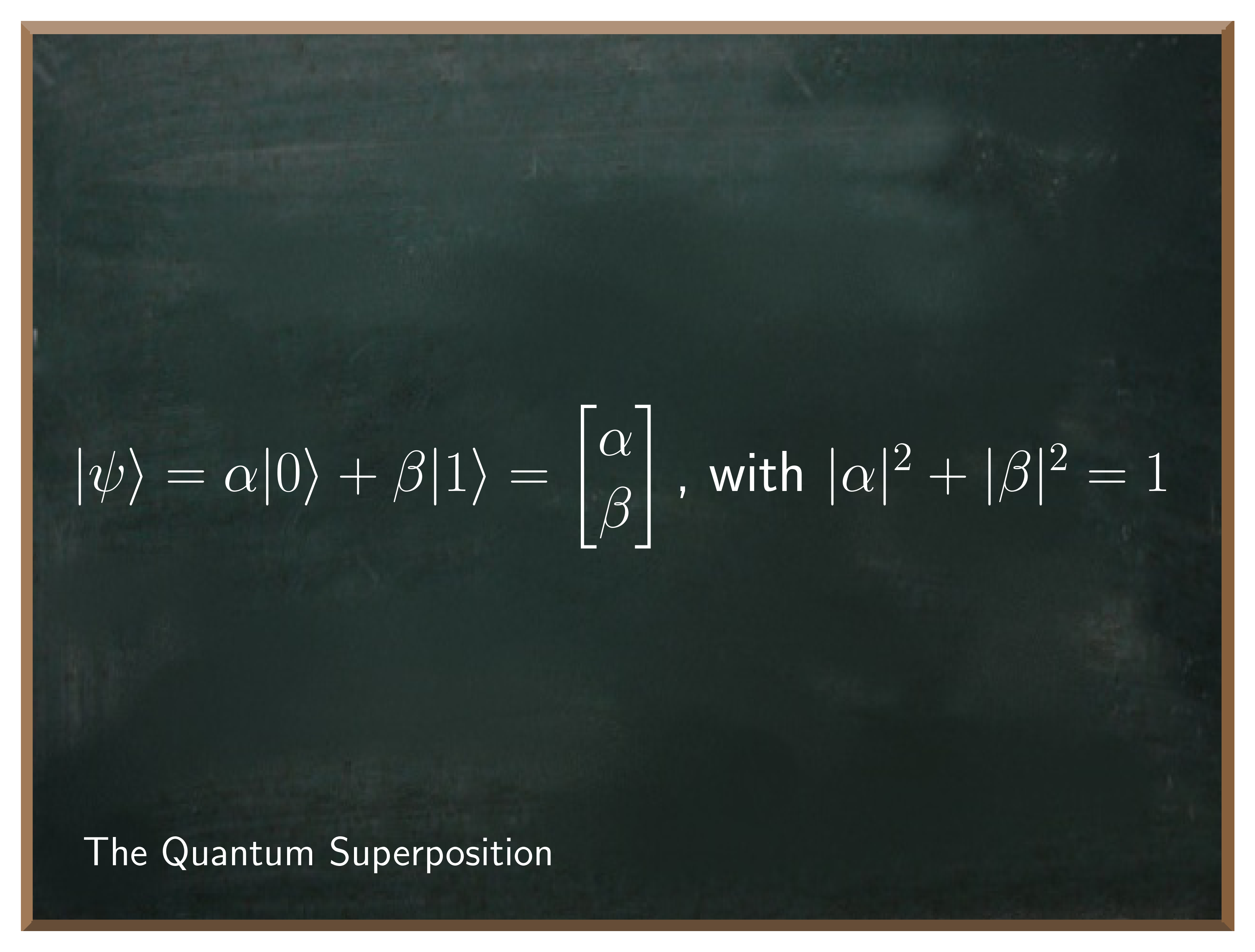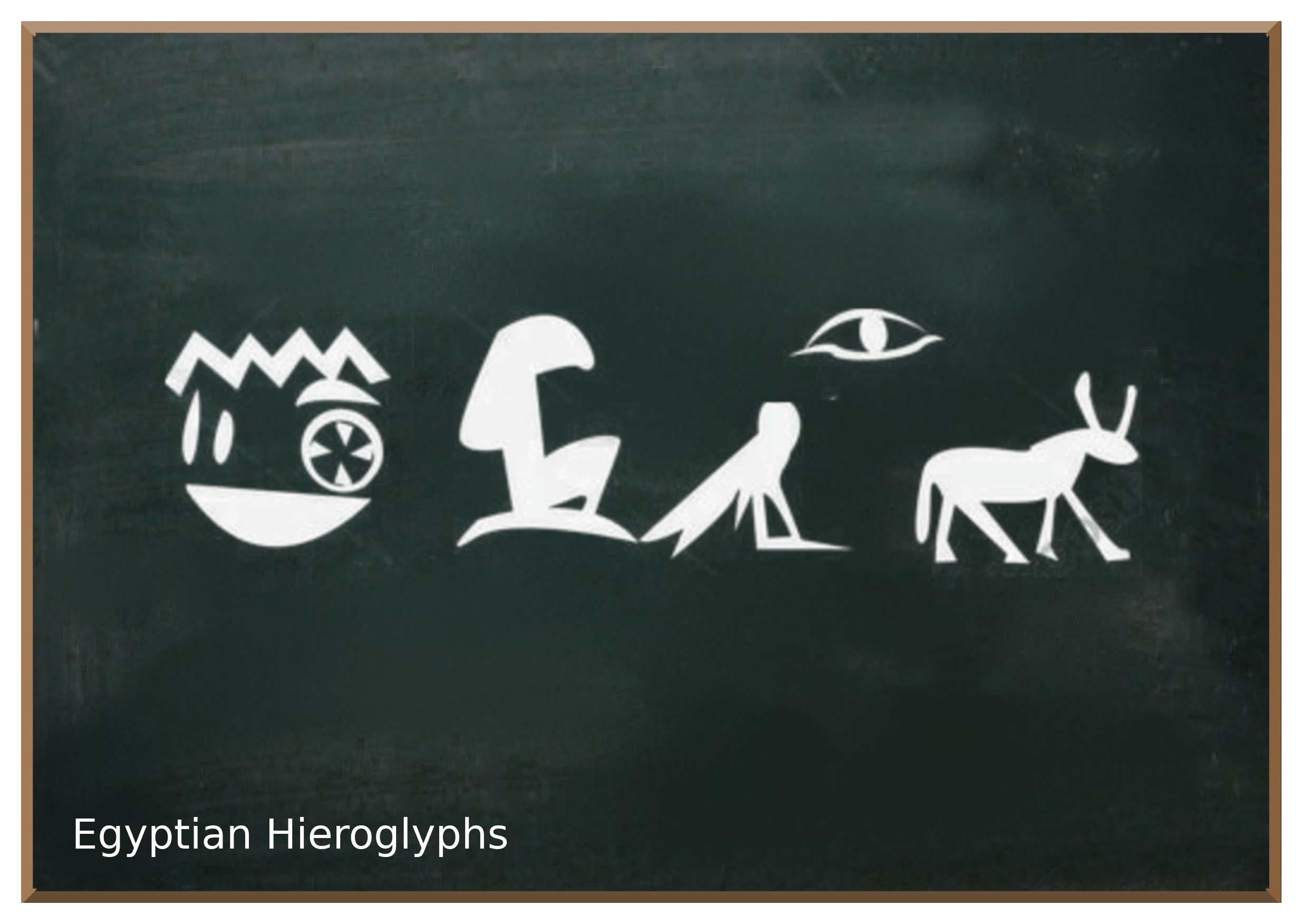You Don't Need To Be A Mathematician To Use A Quantum Computer
But you'll get used to equations
When you start your quantum computing journey, you will inevitably be confronted with a lot of math. It is intimidating. Some authors throw mathematical formulae at you without bothering to explain them.

When you start your quantum computing journey, you will inevitably be confronted with a lot of math. It is intimidating. Some authors throw mathematical formulae at you without bothering to explain them.
Even blog posts on the subject of quantum computers are full of mathematical terminology. It starts with the very first term you come across. Quantum superposition.
Unless you're a mathematician, this formula might already be too much. If you're not familiar with the used _Dirac_-notation ($|\psi\rangle$) or if you're not used to working with vectors, then such a formula is as good as Egyptian hieroglyphs.

You will be caught between a rock and a hard place. Either you struggle through every single term of the equation, desperately hoping that it will make sense in the end, or you give up disappointed with the realization that quantum machine learning is too complicated after all.
I took the trouble to work through some of these formulas myself. It was sobering. Understanding most of the formulas has no practical use for solving problems with quantum computers.
Of course, working through a formula promotes understanding of the underlying math. However, this is not because math is a good way to understand a topic. It's because you work intensively on the topic.
But don't get me wrong. Math is a great way to describe technical concepts. Math is a concise but precise language. Our natural languages, such as English, are lengthy and imprecise. It takes a whole book full of natural language to explain a small collection of mathematical formulae.
A mathematical equation summarizes a lot of information in just a few symbols. But just because you can write it down faster than a 400-page book doesn't mean that the reader will understand it as quickly.
Most of us can understand a natural language much better than math. We learn our mother tongue as a small child and practice it every day. We even dream in our natural language. However, I couldn't tell you if some people dream in math. For most of us, math is at best a foreign language.
When we want to learn something new, it is easier for us to use our mother tongue. It's hard enough to grasp the meaning of the new concept. When we are taught in a foreign language, it is even more difficult. If not impossible. So working through a short equation takes much more time than reading a whole chapter in an understandable language.
**Then why do all the textbooks and resources use so much math when they explain quantum computing and quantum machine learning?** Isn't that a sign that this is the only possible way?
I am convinced that this is not the reason. That is why I have made it my mission to disprove this notion. PyQML explains all the concepts of quantum computing and quantum machine learning in an understandable way.
But I do believe there are two reasons why most authors are so preoccupied with math.
First, there are physics and math teachers and professors who have spent so much time in the field that math has become their native language. This is how they learned quantum computing. It's their way of understanding the concepts. And so, of course, is their way of passing the subject on to their students.
And secondly, there are those who simply repeat what they have read elsewhere, but don't understand enough to put it into their own words, let alone concepts. This is the author's lazy way out, placing the burden on the reader to make sense of the equations and terms.
Again, don't get me wrong. Math is a great way to describe technical concepts. And if you are really interested in quantum computing, you will get used to the mathematical notation.
Once you've spent some time in the field, you'll shed the awe. And once you understand quantum superposition, you won't need to go through the parts of this equation again:
Instead, you will recognize it as “quantum superposition” and everything that goes with it. You will read these equations as if they were plain English. Then you will be able to read and understand scientific articles about quantum machine learning.
Therefore, we should not leave the equations completely aside, but make an effort to understand them.
But that should be the second step. Once you have an idea of a concept, it is only fair to add some formalization to it. Not the other way around.
So I won't spare you any mathematical terms and equations. But I will explain the concepts first, and if you are ready to deal with math, I won't bother to explain everything in detail.
It will cost more space and more text, but the time you save by not being left with condensed equations will more than pay for itself.